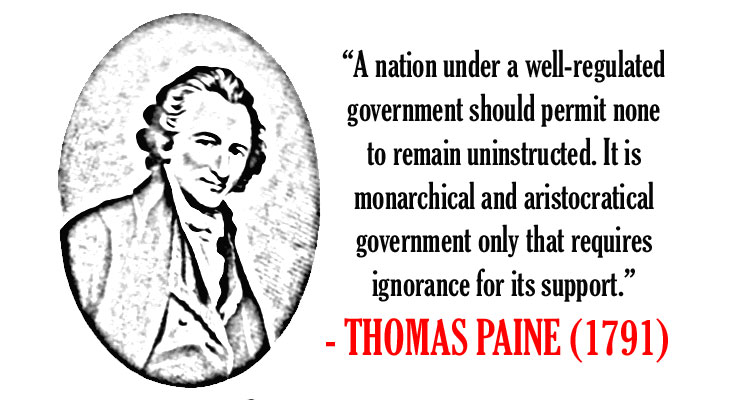 A recent study conducted by the International Telecommunication Union, revealed that more than 64 percent of citizens of the least developed countries around the world now have access to the internet and/or a mobile device. The results have been transformative.
A recent study conducted by the International Telecommunication Union, revealed that more than 64 percent of citizens of the least developed countries around the world now have access to the internet and/or a mobile device. The results have been transformative.
The study, conducted in 2017, surveyed 47 of the world’s least developed countries also known as LCD’s. In those countries, more than 60 percent of the citizens now have access to what is known as a 3G network, allowing access on a mobile device, though not as fast as a 4G or 5G or LTE network.
Many networks over the past ten years have advanced their services to where they have what is known as LTE networks, the fastest of the internet options available for smart devices.
“It gives farmers access to information on crops, when to plant their crops, weather patterns, that are happening,” ITU spokeswoman Jennifer Ferguson, said to a website covering the topic. “It can make micro and small and medium sized enterprises be able to compete with larger businesses,” Ferguson continued.
The official definition of Least Developed Nations (as they’re also known) is “a list of the countries that, according to the United Nations, exhibit the lowest indicators of socioeconomic development, with the lowest Human Development Index ratings of all countries in the world.”
According to the United Nations, the top five LCD’s include, 1) Afghanistan, 2) Angola, 3)Bangladesh, 4) Benin and 5) Bhutan.
The study also showed that, 70 percent of the world’s youth are now online through either computer or mobile device. A study by Pew Research in 2016 also showed that 45 percent of adults in the emerging world considered themselves internet users in 2015. However, the study showed an increase for 2016 with 54 percent considering themselves internet users.
Many of the Least Developed Nations are under restrictive regimes that often limit internet access to only a certain percentage of the population. “Governments are treating words as weapons, adopting vague laws that give officials massive discretion to undermine speech and opinion,” UN special rapporteur on the freedom of opinion and expression, David Kaye, said in October 2016.
Kaye also went onto describe how the internet kill switch is used by restrictive regimes as a weapon to kill any opposition they feel threatens their regimes.
“I am especially concerned that many governments assert legitimate grounds for restrictions such as protection of national security or public order or the rights of others as fig leaves to attack unpopular opinion or criticism of government and government officials,” Kaye continued.
As a result of poor and repressive government, many countries in Africa and in South Asia, where some of the most restrictive regimes operate, have lower than normal percentages of internet use. The United Nations has a goal of universal internet access for these LDC’s by 2020, which it says is on the way to achieving.
Concluding, it’s a very positive trend that countries are gaining access to the internet and technology, however they clearly must also focus on pressuring restrictive regimes to allow greater expression of expression and opinion online even if it does criticize government officials and leaders.
Leave a Reply